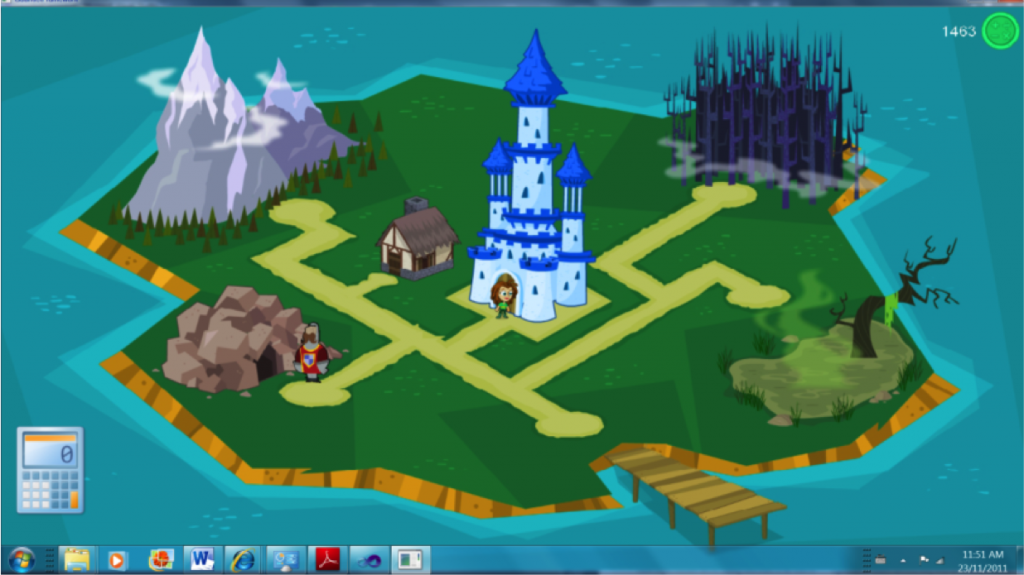Congratulations Jennifer Jing Zhao, for a successful defence and completion of the PhD program!
Tuesday September 24, 2019, 4:00 pm
Room 200 of the Graduate Student Centre (6371 Crescent Road)
Design of a 3D Virtual Learning Environment for Acquisition of Cultural Competence in Nurse Education: Experiences of Nursing and Other Health Care Students, Instructors, and Instructional Designers
ABSTRACT: This study investigates how a 3D virtual world or learning environment facilitates nursing and other health care students’ acquisition of cultural competence. The study specifically explores the experience of students, instructors, and instructional designers in a 3D virtual learning environment designed specifically for this research. The research questions are: 1) What are the experiences of instructional designers and instructors in a simulated immersive learning environment of a 3D virtual world for the acquisition of cultural competence for students in nursing and other health related fields? 2) What are the experiences of students in a simulated immersive learning environment of a 3D virtual world for the acquisition of cultural competence? The design of the 3D world and analysis of data draw on a framework based on Deweyan and Confucian theories of experience. The theoretical framework suggests that learning is best supported through affordances for continuity and interaction, which are essential when designing, integrating, and evaluating simulation and immersion in 3D virtual worlds. Design-based research (DBR) and user experience (UX) methodologies are employed to explore the experience of students, instructors, and other participants. A taxonomy of experience (ToE) established by Coxon (2007) guides qualitative data collection and analysis in this study. Users’ data were distilled through nine steps to help experiences to be “seen” and to make abstract concepts comprehensible and visible. The findings include seven themes distilled from the data: Simulation for 3D learning environments is best: 1) grounded in real-world contexts; 2) shaped through holistic design; 3) designed for embodiment; 4) designed for interactivity; and 5) designed for continuous experience; 6) 3D learning environments should take the complexity of the technical interface into account; and 7) Design for the acquisition of cultural competence should take the users’ experience and knowledge into account. Implications include: 1) Conceptualization of “designer as host” and hospitality through Chinese understandings of guest-host relations; 2) Consideration of virtual experience overlooked within Deweyan and Confucian pragmatism.
EXAMINING COMMITTEE
Chair:
Prof Guofang Li (Language and Literacy Education)
Supervisory Committee:
Prof Stephen Petrina, Research Supervisor
Prof Hsiao-Cheng Sandrine Han
Prof Francis Feng
University Examiners:
Prof Marlene Asselin
Prof Samson Nashon


